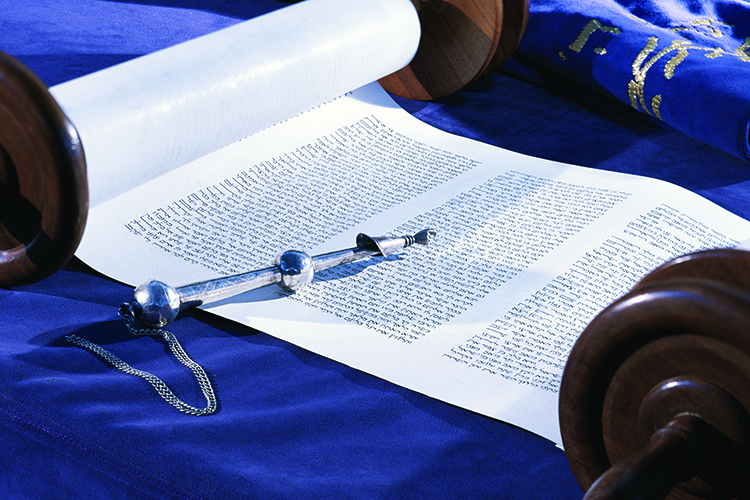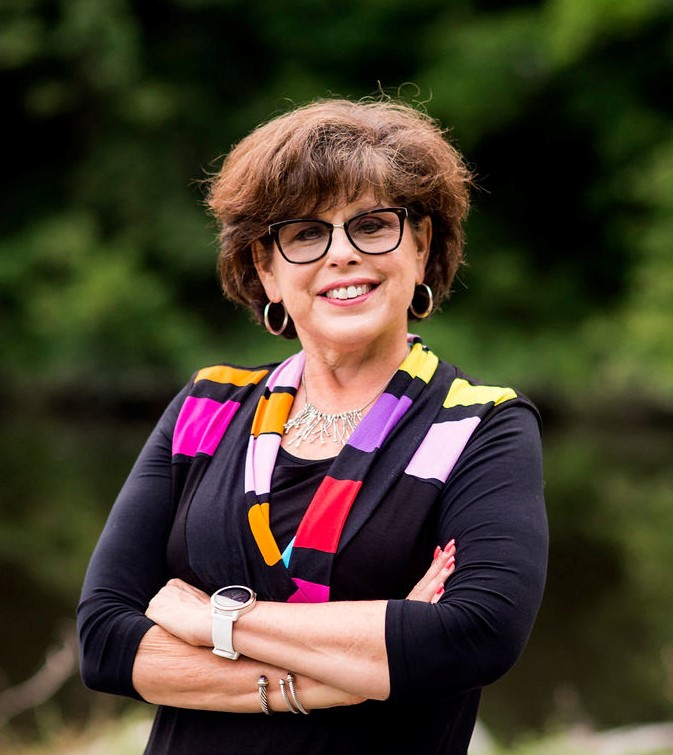
In our Torah portion this Shabbat, Parashah Bo, we encounter the final plagues God brings upon Pharaoh. Each successive plague becomes more severe and debilitating. And as the plagues become worse, Pharaoh becomes more stubborn. With blood, frogs, lice, insects, and slaying of the beasts, the text says that Pharaoh’s heart stiffens; his stubborn arrogance entrenches his position.
God sends the eighth and ninth plagues, locusts, and darkness, but Pharaoh still refuses to free the Israelite slaves. God tells Moses that the tenth plague will be the killing of all the firstborn Egyptians. God commands each Israelite home to slaughter a lamb and spread the blood on their doorposts to protect their firstborns. After the death of the firstborns, Pharaoh demands that the Israelites leave.
Pharaoh had many opportunities to respond to the plagues and to change his ways. As he hardened his own heart, Pharaoh set into motion a process that became a part of God’s world. Pharaoh’s inability to release the Israelites, and for that matter, the Egyptians, from the scourge of slavery, illustrated the depth of his addiction. At some point, the totality of our choices, especially those that can be destructive, becomes self-perpetuating, written in stone, and that much more difficult to reverse.
Considering this portion, one cannot help but find the similarities between our current political and cultural situation. We, too, have plagues in our society that reflect both the consequences of our actions and inactions. How we react when these plagues impact those we love and those with whom we do not have as close a relationship helps us all find our way out of the darkness of these weird times in which we all find ourselves.
Over the past year, WRJ has reacted to our society’s current plague in countless positive ways.
Pivoting to a virtual format allowed more to participate in the “WRJ Experience.” The Fried Women’s Conference offered varied opportunities to learn, grow, laugh, schmooze, and pray together virtually. The 2021 FWC will once again give every Jewish woman this unique opportunity. Earlier in the fall, I had the privilege of being installed as President of the Mid-Atlantic District. We should have been together in Richmond, joyously dancing and singing in the aisles. Instead, we were together virtually, but still together.
From a social justice/action standpoint, WRJ always leads the way, and 2020 was no exception. This past year, we presented an informed position on Amy Coney Barrett’s appointment as a Supreme Court Justice and stood with our Reform Movement partners in declaring Black Lives Matter as a Jewish value. The YES Fund assisted many in need, including the Leo Baeck Education Center in Haifa, by providing help with distance learning technology during this pandemic.
It is hard to face up to our plagues. It is hard to look in the mirror and say, “I am responsible.” It can be easy to let our hearts harden with despair or apathy, or meanness of spirit. But if we allow this to happen unchecked, then we become like Pharaoh. Our tradition offers encouraging teaching; even as God hardened Pharaoh’s heart, not all needed to be lost. In every circumstance, we can assert our free will, overcome, and choose well. There is so much to be optimistic about in 2021 beginning with WRJ’s continued commitment to ensuring that Reform Jewish women make a difference in the world. We are Stronger Together. Our hearts will never be hardened. Just like at the time of the Exodus, we are here together, finding our way to freedom.
Marilyn Morrison currently serves as President of WRJ Mid-Atlantic District. She also serves as chair of the WRJ Ner Tamid Society and is Past President of Temple B’nai Shalom Sisterhood in Fairfax Station, Virginia.
Related Posts

Parashat Yom Rishon shel Rosh HaShanah

Cultivating a Culture of Accountability and Belonging


